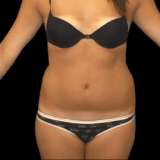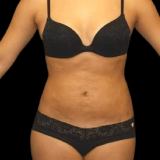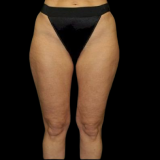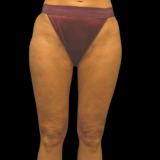We use our hands for just about everything, from menial tasks like cooking, cleaning, applying our skincare or shaving, to shaking hands with a new acquaintance and hugging a friend. Even after the Coronavirus pandemic is over, keeping our hands clean is one of the most important steps to avoid getting sick and spreading germs to others. Many diseases and conditions can be prevented by the simple task of taking 20 to 30 seconds to wash your hands with soap and clean, running water.
Washing your hands is especially important after a serious injury or surgery to prevent bacteria from entering the wound or incision and causing harmful or fatal infections. According to prestigious cosmetic surgeon Dr. Shlomo Widder, “an ounce of prevention is worth a pound of cure.” Washing your hands is that ounce of prevention to ensure that you and everyone around you stay healthy and safe.
When to Wash Your Hands
You should ALWAYS wash your hands thoroughly:
- After using the restroom or changing a child’s diaper
- Before, after, and during the preparation of a meal
- Between handling raw or cooked foods
- Before eating
- Before washing your face, applying skincare, and makeup
- Before and after tending to an injury or surgical incision
- Before doing breasts’ implants displacement massage
- After using a tissue to cough or blow your nose
- Before and after tending to an ill child or family member
- After smoking
- After removing the trash or working outside
- After handling any and all animals
How to Properly Wash Your Hands
According to CDC guidelines, use warm running water instead of a basin full of standing water that could become contaminated through use. Warm water is recommended because cold water isn’t as effective at removing dirt and contaminants, and hot water can damage the skin and strip it of its natural oils, causing dry, rough patches.
Next, choose your favorite scented or unscented hand soap. Soap removed more disease-causing organisms than washing hands with water alone. For people that find soap to be drying or damaging to their skin, keep in mind that all soaps have a different pH meaning they may be neutral, alkaline, acidic, or stuffed with perfumes, all of which can cause irritations. Find a soap that your skin agrees with; you can even speak to a dermatologist about some of the best choices for sensitive skin.
Be sure to spend 20 minutes washing your hands between the fingers, in the creases, underneath the fingernails, and even up to the wrists.
After you are finished washing, dry your hands with a sterile paper towel or dry, clean towel.
Widder Plastic Surgery- Valuing Patient Safety Since 1989
Dr. Widder is a board-certified cosmetic surgeon in the greater Washington D.C. area. He performs countless popular cosmetic surgeries a day on patients, including surgeries for the breasts, body, and face. His primary concern for his patients is always their safety, so it is imperative to have his patients understand the importance of clean hands. Not only is handwashing something that he and his staff take seriously, but it also something he requires of his patients during their aftercare to ensure their recovery is infection-free.
If you are curious about cosmetic surgery and would like to know more about what Dr. Widder offers, contact Widder Plastic Surgery for a consultation today. We look forward to meeting you soon!




